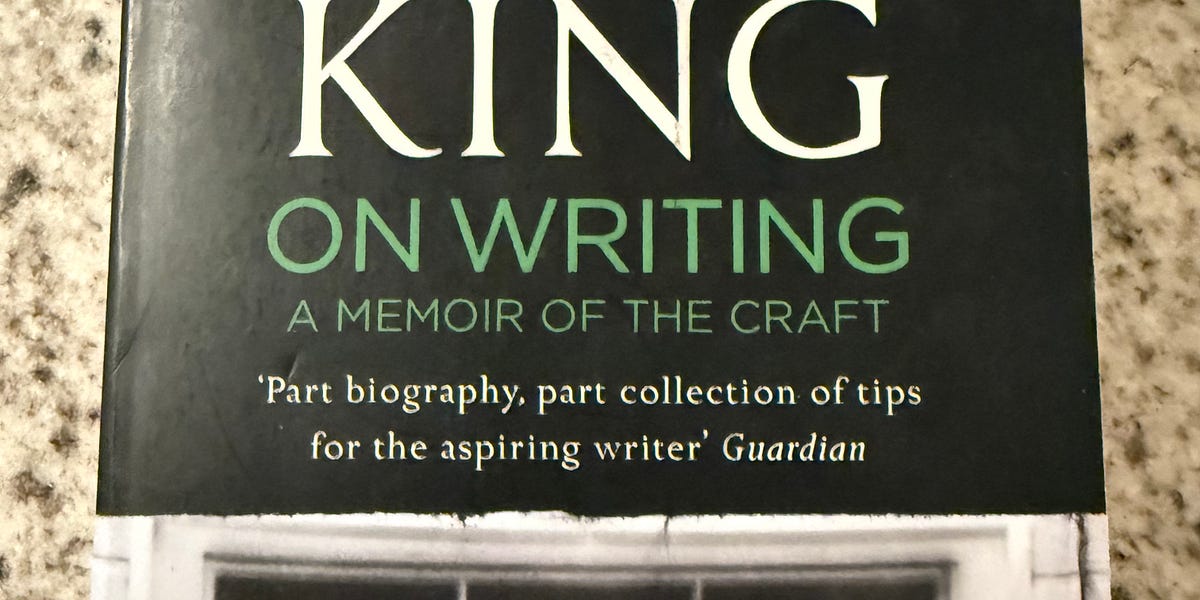
Rob Henderson's Newsletter
In season 1, episode 8 of “The Sopranos,” Tony Soprano’s nephew Christopher Moltisanti says, “I don’t know, Tony. It’s like just the regularness of life is too fuckin’ hard for me or something.”
Christopher has been trying to write an “arc” for his characters. Then he says his own life has no arc. He is depressed because his life seems so mundane compared to characters in stories.
This is like browsing someone’s Instagram profile and wondering why your life isn’t as great as what other people choose to show you.
I’ve been reflecting on the process of writing a memoir. Throughout the past few years, several authors and memoirists have shared tips. Recurring themes: Don’t tell your whole life story. Just describe the most vivid and memorable parts. Write everything that seems relevant and then whittle it down to the most gripping stories. One memoirist said the question to keep in mind isn’t “Who am I?” but “Who am I in this story?” This unlocked the writer’s block I was experiencing, leading me to realize I wasn’t writing a detached retrospective account but the unsparing firsthand observations of a kid mired in disorder. A biographer suggested I write as if I’m sharing my story with someone over a beer (no one tells dull stories in a bar—they tell their most interesting ones).
In On Writing, Stephen King gives similar advice. He recommends to first “write with the door closed,” meaning your first draft is for you only. Write everything that comes to mind. Don’t edit or backtrack. You can’t turn an ice cube into a sculpture. If you want a sculpture, you need to create a massive block of ice to chip away at later. This is also known as the “vomit draft.”
Leave a Comment
Related Posts
















